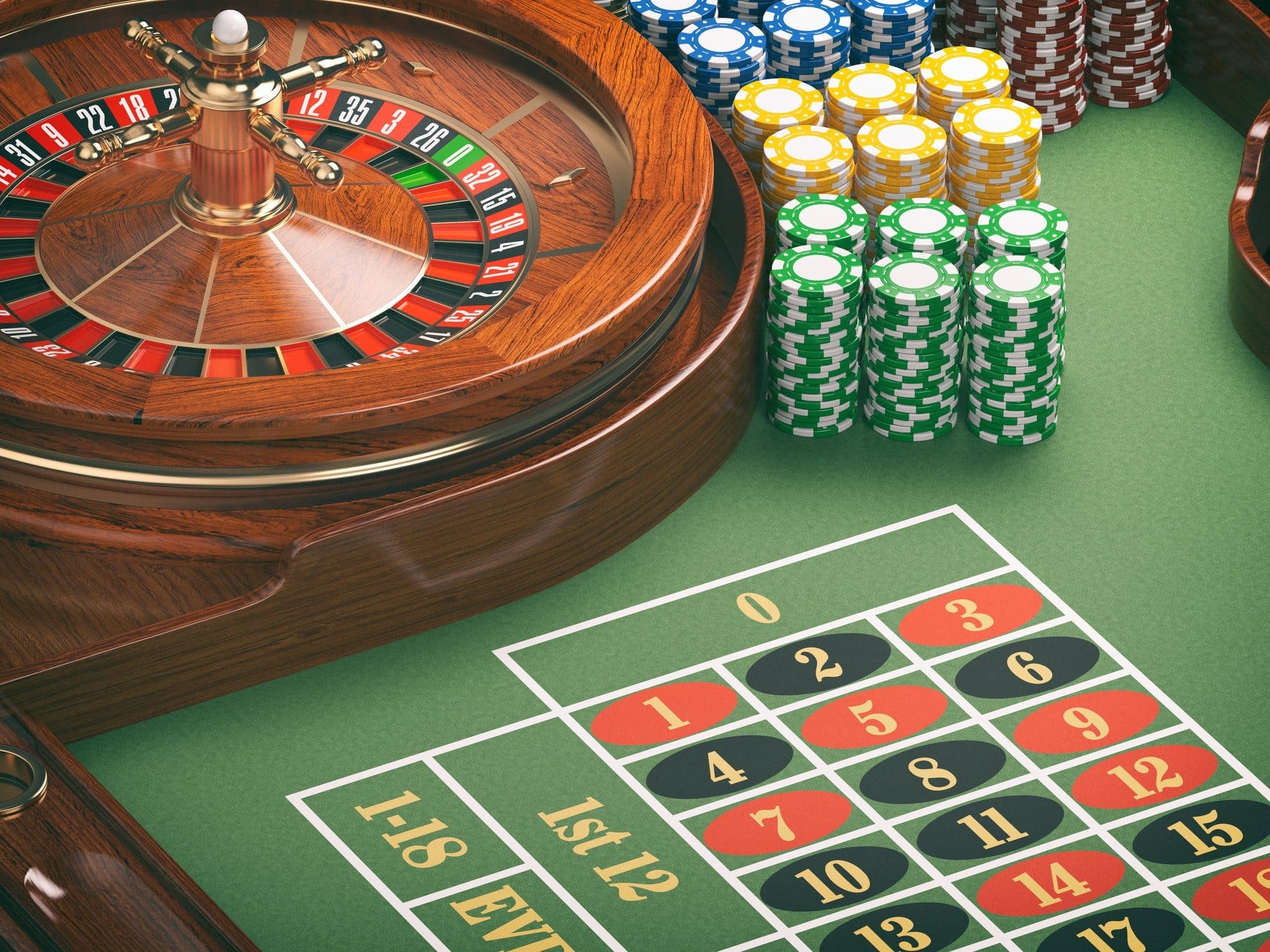Casino games have long been linked with the rush of risk and the adrenaline of luck. Many players enter a casino with the expectation that their success hinges solely on luck. However, a deeper examination reveals that these games encompass much more than just the factor of luck. Understanding the mechanics, strategies, and human psychology behind casino games can greatly enhance the experience and improve one’s chances of victory.
Aside from the enticing sounds of revolving wheels and rolling dice, casino games involve a rich tapestry of expertise, methodology, and decision-making. Whether you are playing blackjack, poker, or even baccarat, knowing the tactics can significantly influence the result of the game. Moreover, the mindset of the players and understanding the probabilities behind each game can shift the balance of success away from mere luck. By understanding these aspects, players can appreciate casino games as a combination of fun and minigame, transforming their viewpoint from one of passivity to one of active engagement.
The fascinating Psychological Aspects of Gambling
Grasping the psychology of gambling shows that player behavior is driven by much more than mere luck. The excitement of risk, immediate reinforcement, and a potential for winning large sums can create a powerful emotional experience. Numerous players find themselves captivated by the thrill, which can lead to a cycle of increased betting and risk-taking, often driven by a hopeful optimism that colors their views of winning probabilities.
Another key element of the psychology of casino games is an illusion of control. Many gamblers believe that their decisions, such as the selection of games or wagering strategies, can significantly affect the outcome. Such a belief can enhance their engagement and enjoyment, but it also adds to persistent gambling behavior, as players often ignore the role of randomness within the games. 77WIN The thrill derived from making choices gives players a sense of involvement, which can be misleading in terms of understanding the true odds involved.
Moreover, the environment of the casino plays a crucial role in influencing a gambler’s experience. Factors like illumination, sounds, and the presence of other players create a stimulating atmosphere that enhances the thrill of the game. Giới Thiệu 77WIN This thoughtfully crafted environment can lead gamblers to lose track of time and money spent, as they become enveloped in a sensory experience that heightens their emotional investment. Identifying these psychological dynamics is essential for comprehending why casino games attract players and keep them returning for more.
Expertise vs. Chance in Casino Games
In the world of casino games, the discussion between expertise and chance is a significant one. Many players are convinced that fortune is the primary factor, especially in games like slots where results are arbitrary. However, there are games that evidently demonstrate the significance of expertise, such as Texas Hold’em and blackjack, where players can utilize strategies and decisions that affect their overall success. Understanding the mechanics and intricacies of each activity can greatly alter a player’s performance and success.
The role of skill becomes clear when examining the different tactics accessible to players. In games like Texas Hold’em, for example, players must interpret their opponents, assess probabilities, and make informed choices based on their cards and the community cards. This level of strategy demonstrates how proficient players can consistently defeat novices, proving that winning is not solely based on chance but rather on the application of insight and expertise. Similarly, in 21, players can use techniques like counting cards to gain an advantage over the casino, further showing the significance of expertise.
On the flip side, luck cannot be completely ignored in any casino game. While expertise can improve a player’s chances of success, unpredictable results still play a crucial role. Even the most effective tactics can falter due to the random character of draws or spin results. This interplay between skill and luck creates a lively gaming environment where players must adjust and respond to random events while also utilizing their abilities. Ultimately, successful gambling gaming is a blend of both factors, contributing to the complexity and thrill of the gameplay.
Strategies for Winning
To succeed in gaming, players must grasp the value of creating a system designed to the particular game they are playing. Each title has its specific set of regulations, odds, and intricacies that call for a thoughtful method. For case, in games like craps, players can employ techniques such as probability assessment to make smarter decisions and enhance their potential of success. Understanding the odds and payouts associated with each game can empower players to make smarter choices and improve their overall enjoyment.

Money management is another essential strategy that cannot be ignored. Players should establish a financial limit for their gambling time and stick to it. This ensures that they do not go overboard and helps establish a level of control over their gambling habits. Choosing in advance the amount to wager and when to walk away can avert emotional decisions that frequently cause big losses. Effective bankroll management allows players to appreciate gambling without the concern of overextending financially.
Lastly, drawing lessons from gameplay and observing other players can provide valuable perspectives. Many successful players invest time analyzing not only their own gameplay but also that of fellow players. This observation can uncover different strategies and methods, ultimately resulting in better choices. Conducting self-reflection after gaming sessions helps players pinpoint what worked and what was ineffective, enabling them to refine their strategies over time. By merging knowledge, self-control, and observation, players can enhance their odds of winning in gambling.
